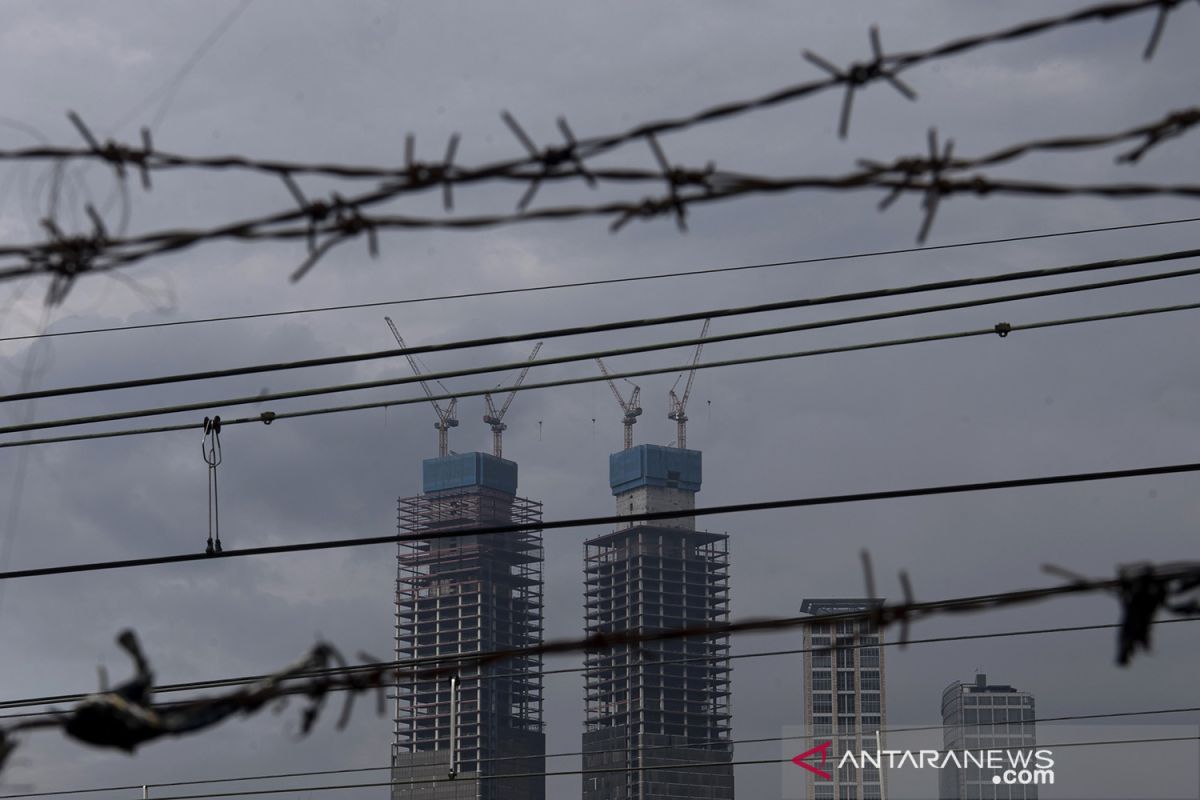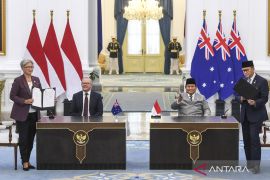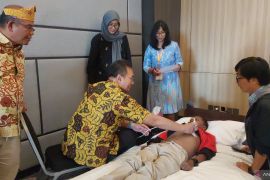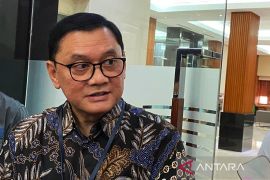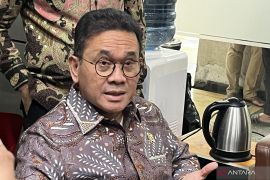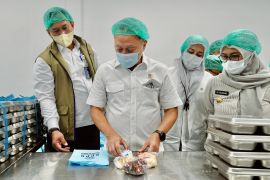Authorities in Indonesia have responded swiftly through the National Economic Recovery (PEN) program, the suspension of the 3-percent deficit ceiling, and the burden-sharing scheme between the government and Bank Indonesia.
As a result, growth is expected to rebound to 4.5 percent this year. However, to secure the recovery and reinvigorate growth, Indonesia needs to pursue several key priorities.
Health and well-being
Smart health and social assistance policies are needed to build trust and safeguard people’s well-being.
With strong leadership from the Ministry of Health, efforts to control the pandemic are bearing fruit. More hospital beds are available, and vaccinations are progressing well. Yet it remains critical to invest more in core health capabilities, improve health surveillance, and ensure continued availability of adequate medical supplies, medicines, and vaccines.
Health workers should be trained for emergencies and local health systems strengthened. To protect the vulnerable, a digital, integrated, and flexible social protection system linked to social registries using big data is essential. So are programs that work with family and community structures to encourage responsible behavior and compliance with health protocols.
Social assistance programs should pay particular attention to women and female-headed households that have been disproportionately affected by the pandemic or have often been excluded from existing policies.
Jobs and MSMEs
As markets and borders reopen—and jobs return or are newly created—the Committee on Handling COVID-19 and National Economic Recovery could take the lead on four issues: ensuring strict health and safety protocols at the workplace; promoting the use of digital technology in responding to COVID-19; expanding sick leave; and, retraining returning workers.
Digitalization can help the country reopen safely. For example, e-commerce is helping micro, small, and medium enterprises (MSMEs) go online to safely reach their customers.
Also, emergencies can be tracked and analyzed using real-time data from transportation, shopping, and the workplace.
To accelerate market reopening, the government could consider offering businesses incentives to protect existing jobs and create new ones. The support should focus on MSMEs, which account for 71 percent of the economy and 97 percent of jobs. New investments in logistics and delivery infrastructure will ensure the smooth flow of goods and services.
Business environment and human capital
Reforms that improve the business environment and human capital are essential. The Omnibus Law on Job Creation 2020, which offers fiscal incentives and streamlines regulations, helped the Indonesia Investment Authority address investment bottlenecks, attract foreign investment, and create more jobs.
The government, with support from the Asian Development Bank (ADB), is also working to simplify business licensing and land acquisition to stimulate investment, improve logistics, and ease trade barriers. It aims to use technology and incubation support to upscale and modernize the operation of MSMEs and other enterprises.
The government plans to reform state-owned enterprises to further improve business transparency, strengthen efficiency, and attract foreign direct investment. Assisting in this effort, the ADB has identified three critical areas of reform to enhance state-owned enterprises: capacity, capability, and compensation; independence and government relations; and, business focus and viability.
Significant investment in human capital is needed to create an effective future workforce. Schools should improve access to smart devices. They must boost the quality and relevance of teaching through teacher competency and certification. Workplaces should expand access to remote learning, strengthen technical and vocational education and training, and increase the quality of jobs through better cooperation between private business and technology companies.
Tax collection
Until the recovery stabilizes, fiscal stimulus and spending on priority programs, such as vaccines, medical supplies, and social assistance, must continue. New revenue must be mobilized to bring the budget deficit back to 3 percent of the GDP (gross domestic product) by 2023.
Domestically, digital technologies that modernize tax administration will help improve tax efficiency and operations, while digital and property taxes can expand the tax base. Progressive taxation can ease income inequality, and carbon and similar taxes will promote a green recovery.
The law on electronic transaction taxes on e-commerce is a good step, and the ADB is engaging with the government on innovative financing, such as land value capture. Internationally, Indonesia should cooperate on global initiatives that strengthen tax cooperation, close tax loopholes, and reduce tax evasion.
Indonesia’s participation in the ADB Asia-Pacific tax hub, established to foster multilateral, consensus-based solutions to support national revenue mobilization and international tax cooperation, will also help.
Green recovery
Recovery initiatives must be sustainable and green. The government is spearheading initiatives to promote carbon pricing and markets, curb carbon-intensive energy use, switch to cleaner fuels, and generate new financing sources.
The ADB supports these efforts in three key areas: promoting private investment in clean and efficient energy; supporting blended infrastructure finance for SDG Indonesia One to attain social development goals through green projects; and, joining forces with the government to address plastic debris to promote healthy oceans.
Green investment supports economic growth and job creation. However, the transition to a low-carbon economy must be just and affordable. With interest rates low, and green and social finance increasingly available, the shift to renewable energy is more attainable than ever.
Indonesia has a track record of creating opportunities out of crises through reforms that raise competitiveness, develop human capital, and achieve economic success. With the right measures and concerted effort, there is a real opportunity to emerge stronger from this crisis.
*James Villafuerte is a Senior Economist at the Asian Development Bank
**Said Zaidansyah is the Deputy Country Director for Indonesia for the Asian Development Bank
The views and opinions expressed on this page are those of the authors and do not necessarily reflect the official policy or position of the ANTARA News Agency
Related news: Sharia economy main pillar of economic recovery: Finance Minister
Related news: Economic recovery strategy focuses on industrial sector: Bappenas
Copyright © ANTARA 2021
